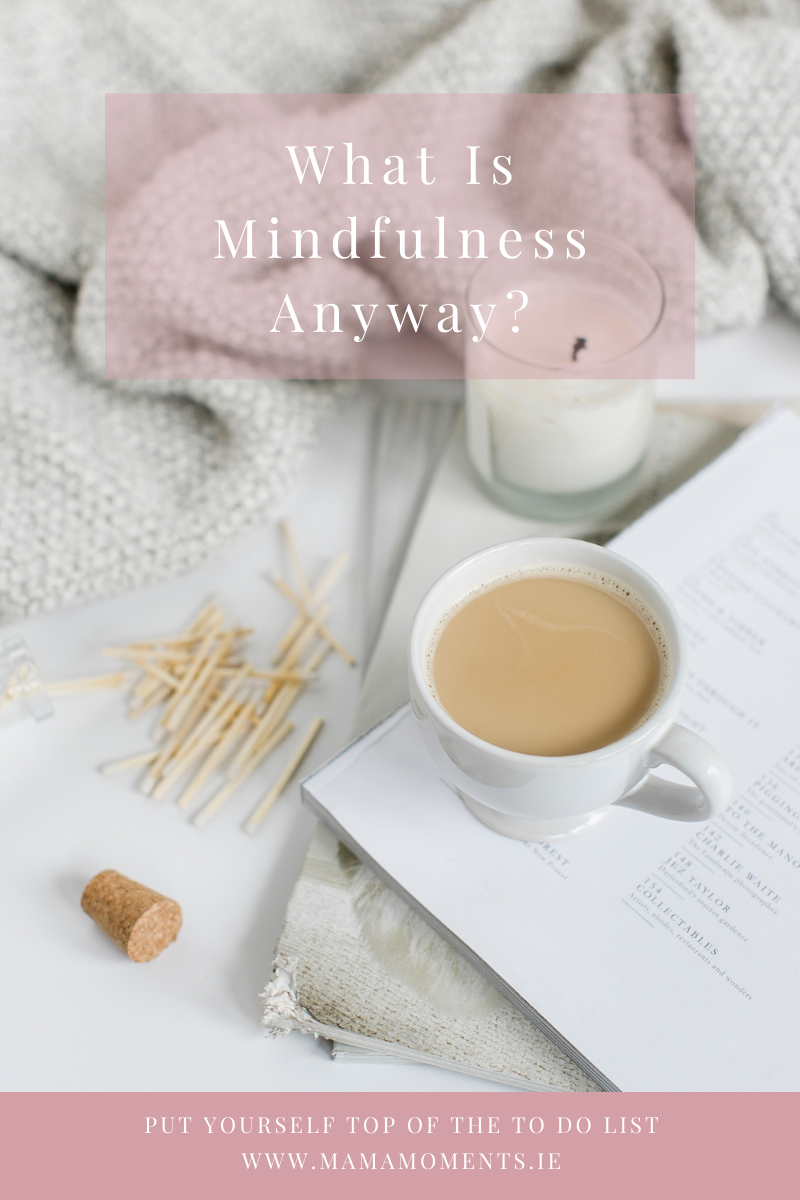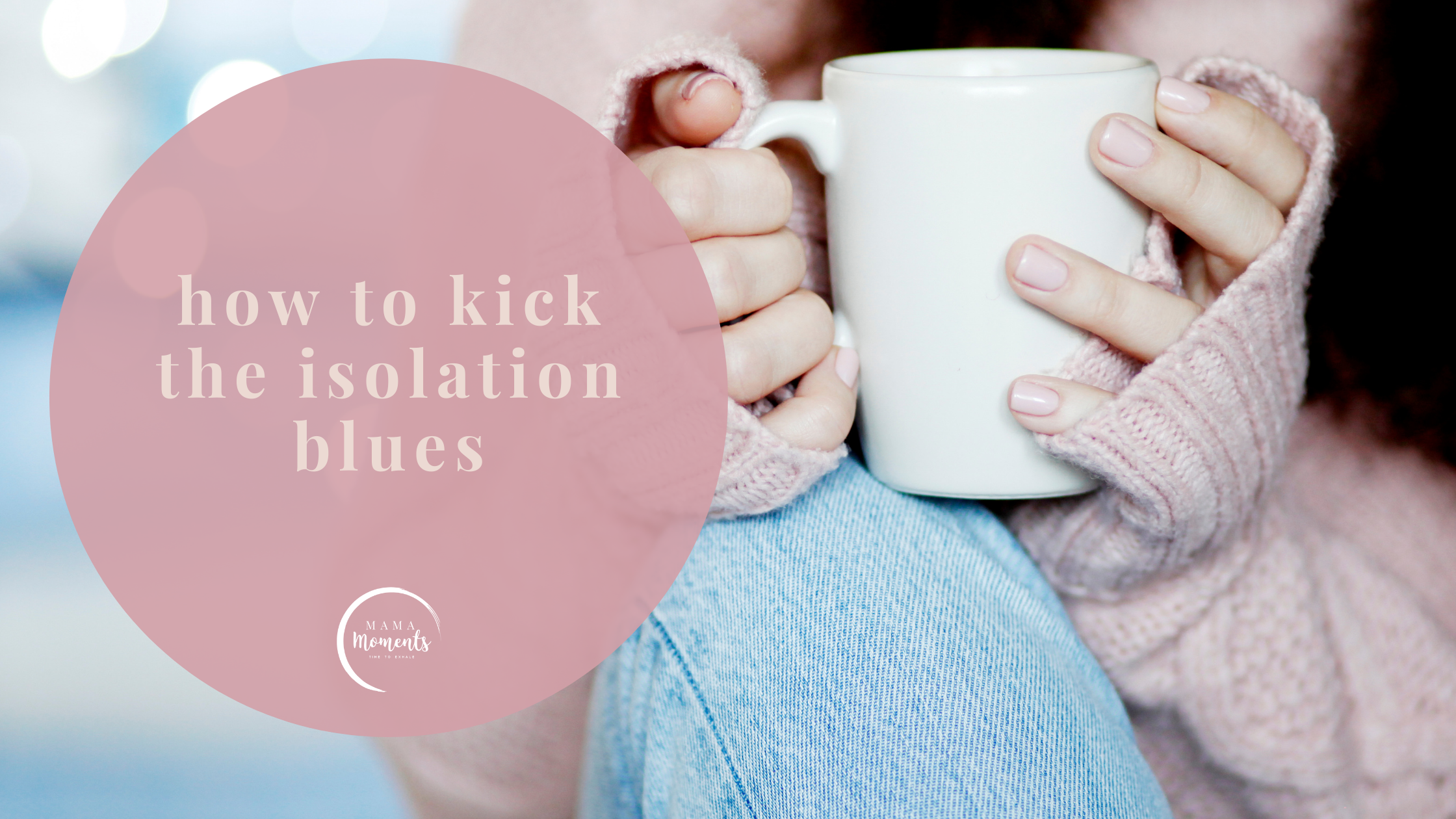 Recently, in the last year especially, we have been sold this idea of life changing mindfulness. The word is thrown about like a packet of Snaps, banging on the pavement by excited children. Little weight is given to the word and we’re expected to simply slide into this new trend. But what exactly is it and how can we benefit from it?
Recently, in the last year especially, we have been sold this idea of life changing mindfulness. The word is thrown about like a packet of Snaps, banging on the pavement by excited children. Little weight is given to the word and we’re expected to simply slide into this new trend. But what exactly is it and how can we benefit from it?
Understanding Mindfulness
The art of mindfulness, while a skill which often needs a little fine tuning, encourages us to pause, reflect and appreciate even the smallest, almost undescriptive moments. To practice mindfulness, we need to understand it firstly.
Many of us wrongfully tie mindfulness in with meditation and instantly sit cross legged, taking deep breaths before our mind wanders to what’s in the freezer for dinner. Let’s start off with recognising that mindfulness is not meditation. It is also not a method to relax or to get in tune with our feelings. It is not a quick fix to solving life’s problems, nor is it a method of escape. We can’t instantly leave behind our stress, worries or fears with mindfulness.
The key to this life skill is awareness. Awareness of our time, our place, our food, our voice and thoughts, and awareness of the smallest moments which can turn out to be our greatest moments. This awareness must also come with complete non-judgement from ourselves, because being mindful is not only about the good moments but also the challenges we face, the difficulties which arise and the hard days which no doubt we’ve all have a few extra of this year. Being mindful is taking the current moment, good or bad, recognising, appreciating, and accepting it for what it is.
Benefits of Mindfulness
Mindfulness has a way of bringing us back to ourselves, appreciating and loving what we have and reframing our mindset to a positive one. When we begin to be mindful of our day, the small moments, even the mini crises or the minutes we may ordinarily miss, we are given the opportunity to see our world in a different light.
In this way, we can lower our stress levels, reduce that negative voice in our heads, ward off depression and anxiety and help ourselves live more consciously. It’s even been said mindfulness can encourage us to cope better with rejection and social isolation, which is certainly something we’ve all come to know.
As mindful parents, we have the chance to share this life skill with our children which will naturally help them as they mature into adulthood.
Practicing Mindfulness
Understanding and practicing mindfulness, as with most life skills, are two completely different things. Putting the theory into practice takes a lot of time and effort for us to ultimately benefit from. We are busy people. So busy! The idea of taking a breath and a pause to reflect can feel alien to us. The more we practice, the more we become comfortable with the principles and guide our minds to naturally take those pauses.
To practice mindfulness, it’s suggested we do it every day. The commitment may seem cumbersome, but the benefits are incredibly powerful. If every day seems too much, try to be extra conscious of your moments every other day to begin.
How to Practice Mindfulness
- Start with Mindful Breathing – Focus your attention on your breathing. Breathe in and out in a steady rhythm. When we slow our breathing and consciously fill our lungs, we clear our minds, lower our stress levels, and have the ability to open our eyes, ears, and thoughts to what is happening in that moment.
- Concentrate – Our minds are often overcome with thoughts. By being mindful we concentrate on one moment, the present. We tune ourselves into the now and tune out everything else. Concentrate on what is happening around you, whether it is the food you eat, the story you are reading, the game you are playing. Be present and remain present.
- Be Aware – Finally, using your five senses, be openly conscious and aware of your surroundings, the people you are with, the setting you are in, the smells, sights, sounds and tastes. Regardless of what is happening, take stock of the current situation, pause, appreciate, and accept it with a strong presence and awareness. Sit with the feelings which come up and allow yourself to feel them.
When Can We Be Mindful?
We can be mindful at any stage of our day. When our feet are crunching the crisp leaves as we walk to school, be mindful of the sound of leaves underfoot, the smell of the dirt being kicked up, the colours of the autumnal leaves, the feel of your child’s hand in yours, and the breeze through your hair. Recognise the feelings and emotions which arise in you.
The same goes for the madness that is bedtime. Be mindful of your voice as you request for the third time your kids brush their teeth, the feel of the pyjama top as you put it over your little ones head, the smile and shine in their tired eyes, the hardness of the wooden floor as you kneel beside them.
Even when it comes to that hot cup of tea in your hands as you watch the kids play Lego on the floor in front of you. Be mindful of the sound of blocks grating off other blocks, hear the tune as your little one hums to themselves, recognise the heat from your cup and really taste the tea as it hits your tastebuds.
Being mindful can be done at any stage of the day. It is about remaining conscious of that exact moment without moving your thoughts to the past or the future, without being judgemental or critical, without leaving that moment before you recognise, appreciate, and accept what is occurring and the feelings it brings up.
In this way, we learn to become more accepting and grateful for what we have while embracing life in all of its chaotic ways.

